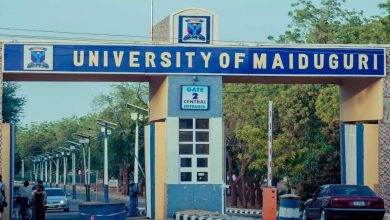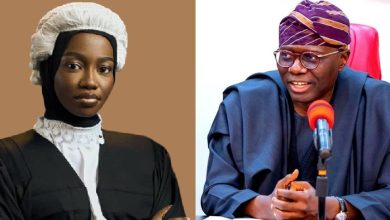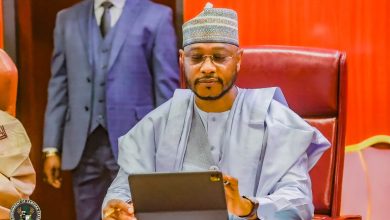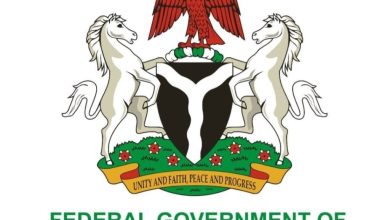AI Must Reflect African Values, Not Replace Indigenous Wisdom, LASU DVC, Prof. Taiwo Afisi
Prof. Taiwo Afisi urges Africa to blend AI with indigenous wisdom for a just future.
He warns against blind tech adoption, calling for values-driven education and culturally grounded innovation.
Professor Taiwo Afisi, Deputy Vice-Chancellor (Academics) of Lagos State University (LASU), has called for a radical rethinking of Africa’s knowledge systems in the digital age, warning that artificial intelligence (AI) and data technologies must not displace the continent’s indigenous wisdom.
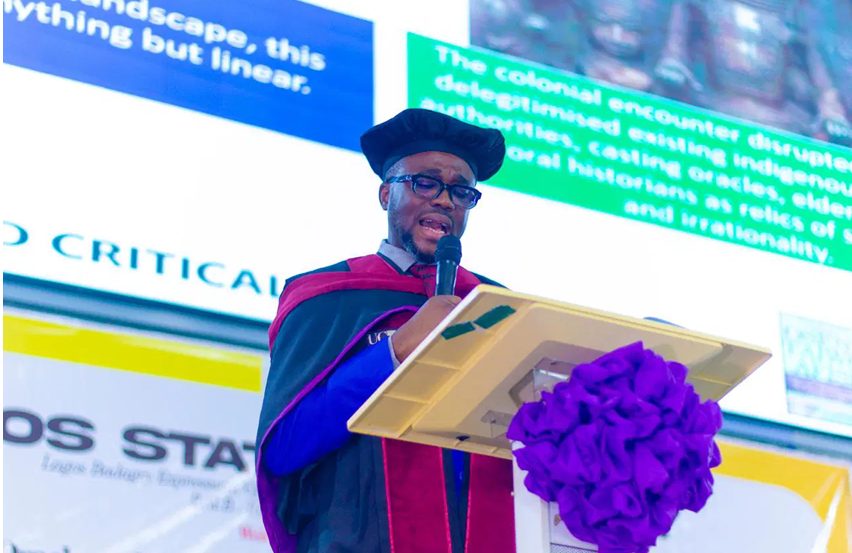
Speaking during LASU’s 108th inaugural lecture titled “The Oracle and the Open Society: Rethinking the Evolution of Authority and the Pursuit of Epistemic Justice in African Philosophical Thought”, Prof. Afisi emphasized that while AI offers powerful tools, it lacks the depth, ethical grounding, and historical consciousness that African knowledge systems inherently possess.
Delivering the lecture on July 15, 2025, at the Buba Marwa Auditorium on the Ojo campus, the renowned philosophy scholar urged African societies to move beyond superficial information gathering to embrace values-based reasoning grounded in African realities. He argued that Africa’s digital transformation must be guided by justice, cultural identity, and philosophical integrity, not just speed and automation.
“It is no longer enough to be informed. We must be inspired by values, guided by justice, and anchored in the wisdom that our African philosophies provide,” he stated.
Afisi, who is LASU first indigenous professor of philosophy and the first in the field to serve as an inaugural lecturer and deputy vice-chancellor at the university, urged developers and educators to resist uncritical adoption of foreign technologies. Instead, he advocated for “epistemic pluralism”, an inclusive approach that treats African indigenous knowledge as a valid framework for science, governance, and education.
“Technological development in Africa must go beyond adoption to active design and innovation grounded in African values,” he said. “Algorithmic tools must be ethically scrutinized through our communitarian lenses like Ubuntu that promote fairness, transparency, and accountability.”
On the education front, the professor called for a complete overhaul of African curricula at all levels. He emphasized that African perspectives in logic, science, ethics, and civic instruction must be embedded meaningfully, not as tokens, but as essential foundations for critical and inclusive learning.
“The curriculum must not only be decolonized but also philosophically grounded in African realities,” he stressed.
Afisi also appealed to community elders, traditional leaders, and cultural custodians to take an active role in preserving and modernizing Africa’s oral traditions, symbolic knowledge, and communal governance systems.
“Community elders should be recognized as co-educators and co-thinkers in shaping Africa’s intellectual and moral future,” he added.
Closing his lecture, Prof. Afisi painted a compelling vision of an Africa where technology and tradition coexist harmoniously. In such a society, he explained, data would be guided by wisdom, algorithms would be informed by human insight, and governance would emerge from reflective dialogue.
“Let Africa not only thrive in data but lead in wisdom. Let the oracle speak. Let the algorithm listen. Let the people reason together,” he declared.
The lecture, attended by academics, students, and dignitaries from across the state, underscored the growing need for digital innovation in Africa to be grounded in cultural authenticity, ethical accountability, and philosophical principles.
